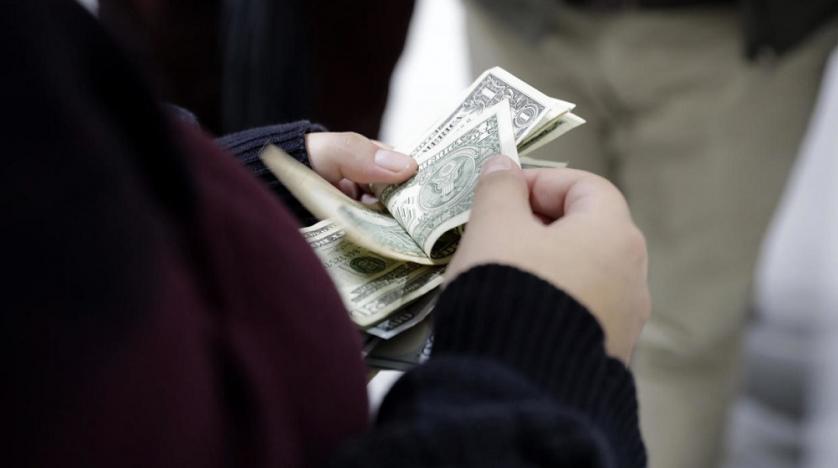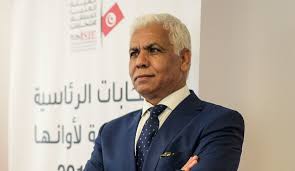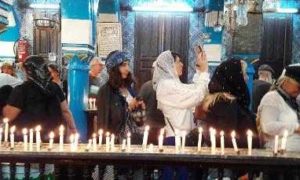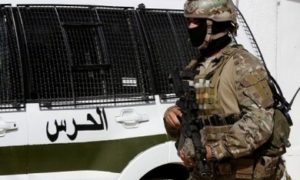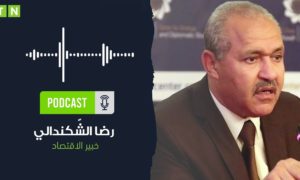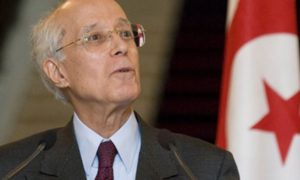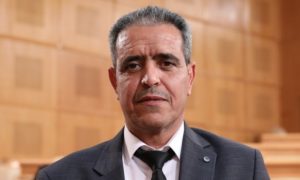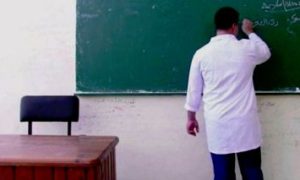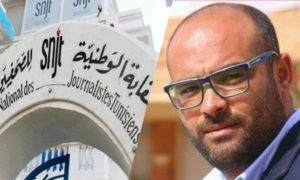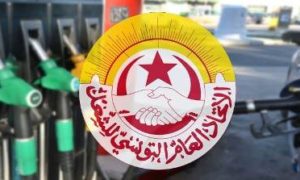Inside a Lebanese bank, a woman yells demanding for her pay. A man knocks his fist on the marble counter, commanding the worker to release $200.
“It’s a frightful encounter,” stated Khaled Taki, a 68-year-old consultant to France 24 whose bank last week declined to hand him any dollars from his account. “You have money in the bank, you go there to get it, and they tell you: No.”.Declaration of angry citizens only shows the severity of the economic situation that is sweeping lebanon.
Lebanon is experiencing severe political and economic distress since the popular uprising ignited against the politician elite class. The crises shifted its heavy shadows on the banking sector which imposed severe restrictions and tight controls on hard currency. The measures burdened the shoulder of all citizens who found themselves unable to withdraw their money.
Lebanese banks are inflicting a range of measures and restriction on clients in an attempt by the authorities to shield the banking sector.
As marches enter their third month, protesters are also frequently targeting banks, which they say are swindling people of their hard-earned savings.
The economic crisis started during the third trimester of 2019 when the currency trading of the dollar dropped to its lowest rate, a move that was accompanied by heavy sanctions on Lebanese banks. The dilemma was fueled by social, political and economic unrest which reflected on imports and exports. Within two months of the recession and Caretaker Prime Minister Saad Hariri resignation, the dollar exchange rate dropped to its lowest rate. Tunisie Numérique attempted to reach the Lebanese embassy in Tunisia who declined to comment .
On his part, the central bank governor affirmed that foreign financial assistance is frantically needed to alleviate the economic crisis. Lebanon’s banking association also denounced what it called a “great and irresponsible tardiness” in forming a new government, following a night of vandalism on Tuesday against banks.
In a statement, the group announced that banks were doing as much as they can “to protect what is left of our national economy”, and that the obstruction in forming a new government had made them a scapegoat of violence.
According to Asharq Al-Awsat, commercial banks have gradually reduced the amount of dollars customers can withdraw since October. For most, the cap is now 200 dollars a week. One witness Rana, a 47-year-old expatriate, said to France 24 that she has been living a “financial nightmare”.
Since October, her bank has barred transfers to a construction firm building her house in Europe — a move she says could land her in jail.
Allowed access to only 1,000 dollars a month, she says she can barely cover rent in Italy, let alone pay the $30,000 she owes the construction company.
The crises also extended to the health sector, Parliament’s Public Health, Labor and Social Affairs Committee called on the country’s Central Bank to secure the health sector had enough U.S. dollars to maintain shipping essential medical supplies.
Pharmaceutical supplies have been imperilled by a lack of dollars in recent months. In November, medical suppliers reached an agreement that would see the Central Bank supply 50 % cent of the dollars required to import equipment and medical supplies.
A United Nations official has blamed Lebanon’s political class for the country’s deepening economic crisis, the day after protesters vented their anger on banks in the capital Beirut.
What's happening in Tunisia?
Subscribe to our Youtube channel for updates.



